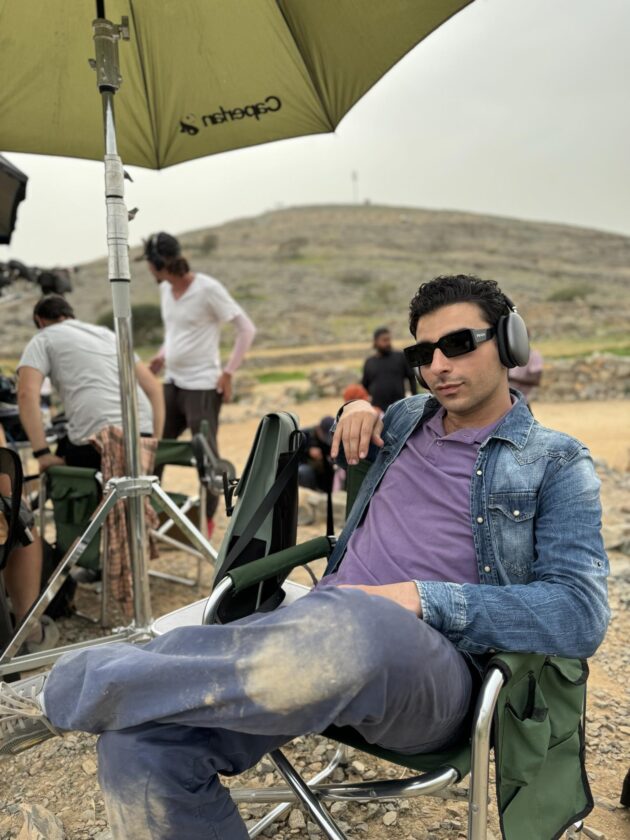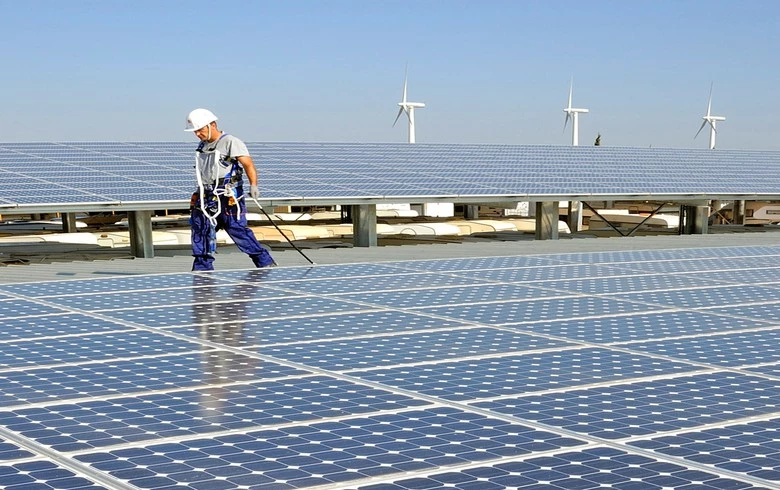It took me 5 months of physical pain, dozen medical tests, and visits to many doctors to realize I was suffering from a burnout. For some reason, I was in a state of denial. I wanted it to be something physical because I knew it would be more difficult to overcome stress and pressure. I reached a stage when every try to relax would result in pain around my eyes, so I would get up and do something, and there was always something to do.
My friends advised me to try meditation, I was very skeptical but nevertheless I started searching online for help. Little did I know that what I was about to find would really help me overcome my burnout. After days of search, I found a meditation Fellowship from Peace Revolution organization. Their website said the program will involve a peace training where participants can practice meditation in a beautiful retreat environment as well as yoga. Deal Sold! I applied and later on they accepted my application. They chose El Haouaria in Tunisia as the location for our retreat.
El Haouaria was a true heaven. Our hotel was away from the city, there were no other guests but our group. The hotel was surrounded by green hills, wind mills and facing the sea in a mesmerizing view. We stayed there for one whole week and according to the rules we were not allowed to use any kind of technology. Mobile phones were not allowed, no TV and no radio. The program chose this particular coastal town and made these rules for a complete seclusion. Each morning we did yoga then throughout the day we met with a Thai monk to teach us meditation. With each passing day I started unwinding, and my chronic headache was no where to be found. I started thinking about my daily routine and wished if I could move to this beautiful town and keep enjoying its peace. I wondered if we burden ourselves with unnecessary long to-do lists, or perhaps this is just the nature of modern life nowadays? Competitiveness wreaks havoc on our peace of mind, yet if you want to stay in the game you will have to keep enduring. Or at least that’s what they keep telling us. We constantly read how successful entrepreneurs, businessmen or politicians sleep little and wake up 5 am to achieve more in the day. I sleep 6 hours and I wake up dead tired, and even if I slept more I still woke up tired.
An argument in a BBC report about burnout described the struggle perfectly:
“our brains are simply ill evolved to deal with the modern working environment. The increasing emphasis on productivity – and the emotional need to prove one’s worth through one’s job – leaves workers in a permanent state of ‘fight or flight’. This state originally evolved to deal with acute danger. But if we face that kind of pressure day in, day out, we endure a steady surge of stress hormones – an onslaught that our bodies struggle to continually fight”
Even when you are not physically at work, you keep on working by answering the flood of emails coming to your phone and you keep answering work-related calls in a time when you are already trying to manage things at your home taking care of your family. Yet after all this you are required to wake up active next morning to continue the cycle – and win. Even if you do win, your body loses and declares it out loud.
Till then, we – as individuals – need to seek awareness about burnout and ways to overcome it. Keeping connection with nature makes people healthier and happier. According to many studies, being in nature reduces stress levels and helps us unplug. Fresh air improves blood pressure and promotes happiness. Since not all of us can just move into towns or cities where nature is accessible, we can at least do that from time to time. I remember how I felt during my retreat in Tunisia. The fresh air, the beautiful scenery and meditation washed my soul inside out and I wanted to keep this feeling forever.
Meditation could be a solution as well. A research paper published in Frontiers in Immunology, said that mindful meditation and yoga “reverse expression of genes involved in inflammatory reactions that are induced by stress”.
One of the things that also helped me to unwind during the trip was the ban on all electronic devices. Most of us are addicted to social media websites and apps, and many of these platforms became beacons of negativity. Researches proved that the time spent on social media is correlated with depression, this means unplugging daily, even if it is for an hour or two, should become a necessity.
Some people unwind by watching funny movies, cooking shows or even make-up tutorials before they sleep. I myself feel some peace when I watch Animal Planet shows, the activities and sounds of animals seem to have a magical effect on me.
Burnout is a serious problem, prevent it from sabotaging your professional and personal life.






Comments are closed.